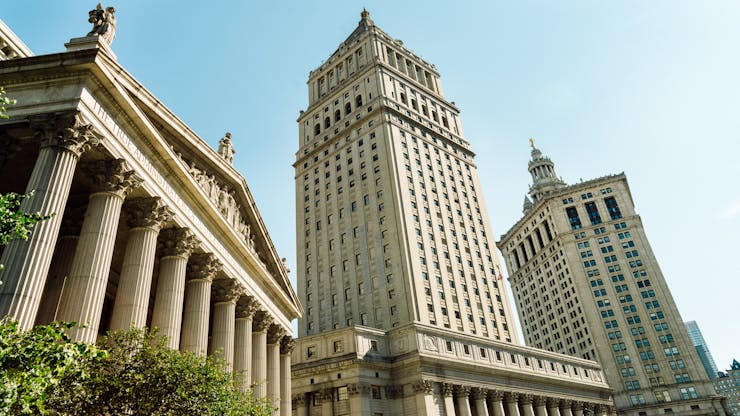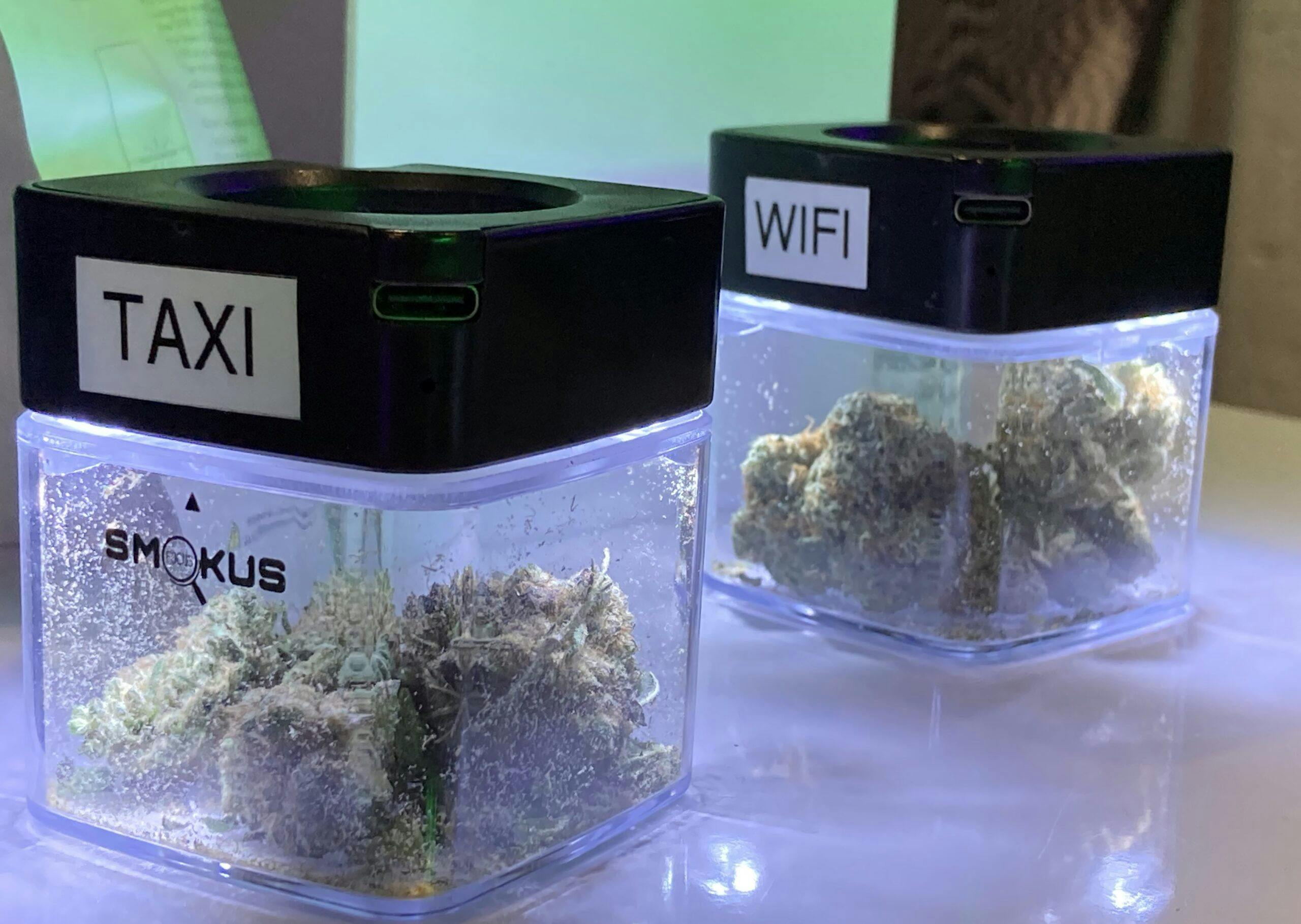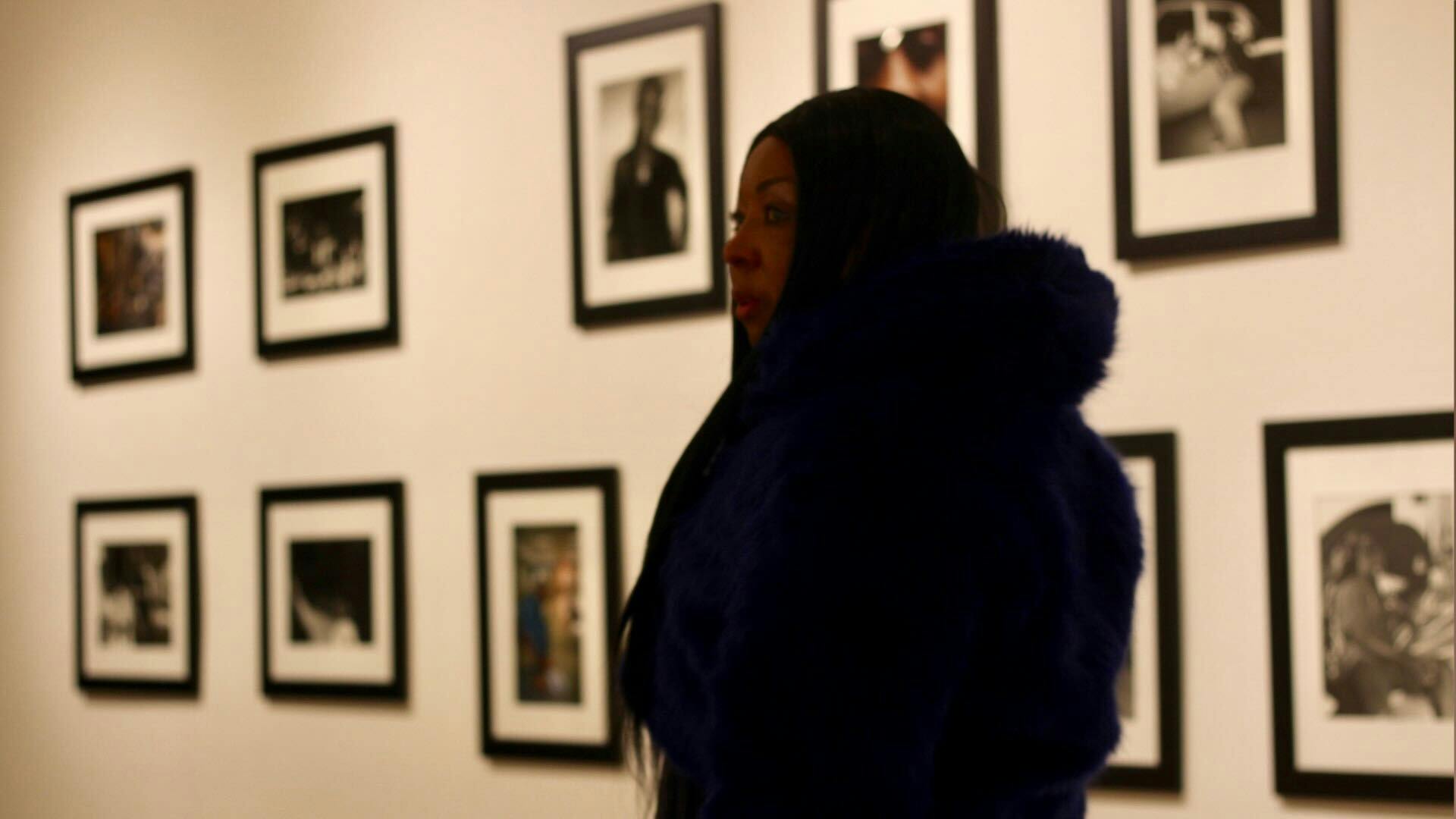On Friday (June 3), New York City Mayor Eric Adams gave the green light to millions of New Yorkers to light up some weed and enjoy themselves. And he doesn’t care if you’re smoking or selling unlicensed cannabis, for now.
“Enjoy yourself, light up, but most importantly, spend some money,” the Mayor said during an appearance at the Cannabis World Congress and Business Expo at Javits Center in Manhattan.
New York’s adult-use market could kick off before 2022 ends. The grey area between now and then is wide open, and Adams doesn’t see the harm in allowing the dozens of weed trucks, private clubs, and gifting shops that have been operating in the open since the state passed legalization in March 2021.
But not all lawmakers in The Empire State are riding with Mayor Adams’ relaxed approach.
The day before the mayor said “light up,” New York’s Senate, led by Sen. Liz Krueger, passed a bill that would crack down on illicit possession and sales. That bill needed approval from the state Assembly before the end of last week to move forward. But Friday passed without a vote, as Mayor Adams’ words rang loud and clear. The Senate-backed bill is now on ice until 2023.
Adams is playing the good cop

Mayor Adams told the Javits Center crowd that he doesn’t want to approach the state’s budding cash crop—New York expects to collect $1.25 billion from legal weed in the next six years—with heavy hands. He says he intends to give warnings and wrist-slaps to those bending the rules.
“‘Listen, you can’t do this,’ give them a warning,” Adams, a former NYPD cop, said of his plans for dealing with unlicensed dealers. Instead of fines and arrests, he said he wants to help all non-licensed dealers take steps towards starting legitimate cannabis businesses.
The Mayor has earmarked $5 million in his executive budget to help New Yorkers apply for recreational cultivation licenses. But he also said that sellers who refuse to comply after their wrist slaps could face “some form” of enforcement.
“If they refuse to adhere to the rules, then you have to come back and take some form of enforcement actions, such as a summons, such as, you know, talking about their ability to sell alcohol.”
Mayor Adams
In April, Mayor Adams flirted with the idea of putting greenhouses on top of city buildings to grow weed and employ residents. Officials in Thailand and other nations have invested heavily in cannabis job growth recently.
An audience member at the Cannabis World Congress and Business expo said he was about to step outside and smoke a joint since “the mayor told us we can do it.” Adams also laughed off a reporter who asked if he had ever smoked cannabis before.
Shop highly rated dispensaries near you
Showing you dispensaries near“We need to incentivize those who have their illegal trucks or have the trucks going on to show them that this is a better pathway,” he said. “The goal is to not leave people behind.”
The race to win the weed-wild east
New York joins New Jersey, Massachusetts, and Illinois on the forefront of baking social equity into their cannabis policy. Getting equity right will be a key part of the recipe for every state racing to become the East’s premium cannabis market. As western states have already learned, its not about who legalizes first, but who legalizes right.
In New Jersey, over half of recreational cannabis licenses have gone to “diversely-owned businesses” that are majority-owned by residents who identify as Black, Latinx, Asian, veteran, or a woman, as well as residents from “impact zones” that were most impacted by the failed War on Drugs.
New York lawmakers are exploring the idea of having private equity investors partner with legacy and micro business operators to change lanes into the legal market. But they have good reasons for approaching the situation lightly.
In 2018, the New York Times reported that “Hispanic people across New York City had been arrested on low-level cannabis charges at five times the rates of white, non-Hispanic people over the previous three years; in Manhattan, Black people had been arrested at 15 times the rate of white people, even though surveys indicated that the rates of cannabis use were similar for both groups.”
Now that all New Yorkers have the go ahead to get blazed, the Mayor’s office has a few months to ensure that all social equity debts are paid ahead of the opening of recreational weed shops in the city.






